Lavender seasoning is a culinary spice made from dried lavender flowers, used to add a floral, sweet, and slightly herbal flavor to dishes. To use it effectively, start with small amounts (1/8 to 1/4 teaspoon per serving) and pair it with complementary flavors like honey, citrus, vanilla, or herbs. It's perfect for desserts, cocktails, and savory dishes like roasted chicken or lamb.
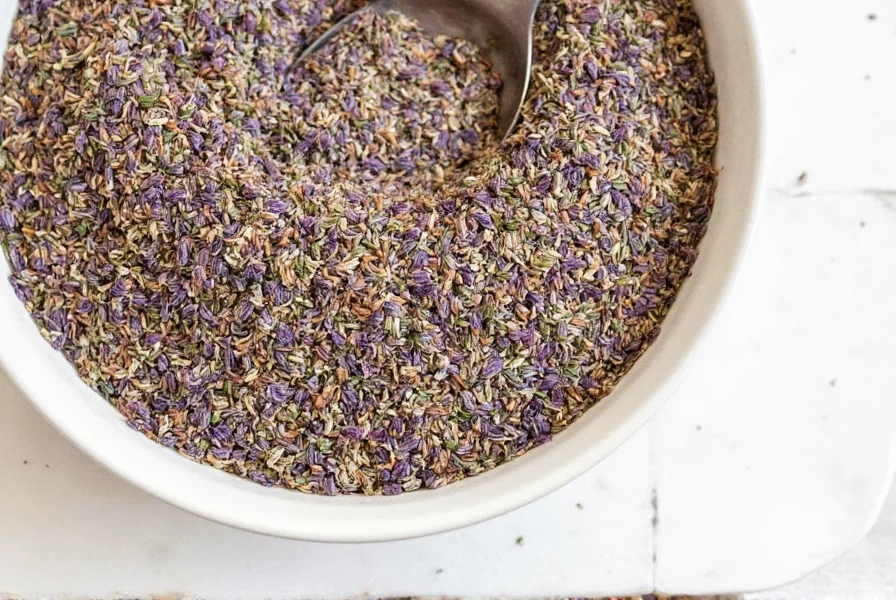
Table of Contents
Practical Tips for Using Lavender Seasoning
If you're new to using lavender seasoning, here are some practical tips to help you get started:
- Start small: Because lavender has a strong aroma, it's best to use it sparingly at first. You can always add more if needed.
- Pair with complementary flavors: Lavender works well with honey, citrus, vanilla, and herbs like thyme and rosemary.
- Use in desserts: Try adding a pinch of lavender to cakes, cookies, or ice cream for a fragrant finish.
- Infuse into oils or syrups: This is a great way to incorporate lavender into drinks or dressings without overpowering them.
- Experiment with blends: Combine lavender with other spices like cinnamon or cardamom for a unique flavor profile.
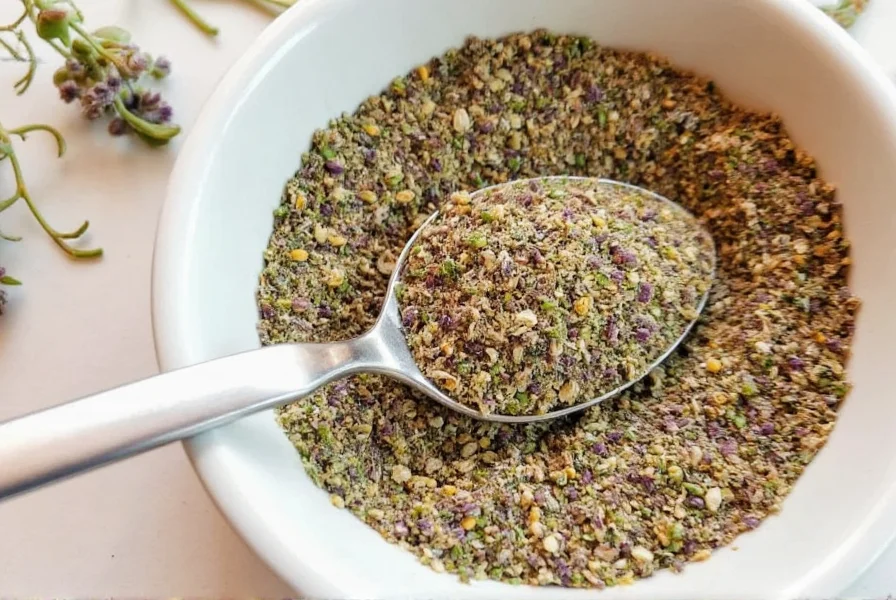
Understanding the Flavor Profile of Lavender Seasoning
Lavender seasoning has a distinct flavor that can be described as floral, slightly sweet, and mildly herbaceous. It's not overpowering, which makes it versatile for various dishes. Here's a quick breakdown of its characteristics:
| Flavor Aspect | Description |
|---|---|
| Aroma | Fragrant and soothing, reminiscent of a garden in full bloom. |
| Taste | Mildly sweet with a hint of bitterness, similar to a blend of rose and mint. |
| Texture | Crumbly when dried, but smooth when infused into liquids. |
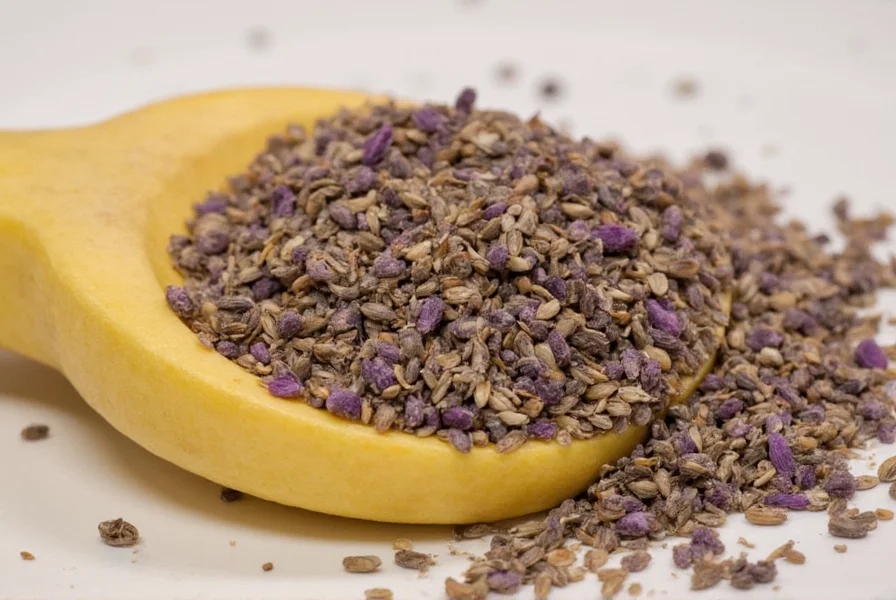
The subtle nature of lavender seasoning means it should be used with care. Overusing it can lead to an overwhelming or soapy taste, so it's important to experiment and find the right balance for your palate.
Cooking Hacks with Lavender Seasoning
Lavender seasoning isn't just for baking—here are some creative ways to use it in your cooking:
- Herb-infused butter: Mix lavender with softened butter and use it to top roasted vegetables or grilled meats.
- Flavored vinegar: Add a few drops of lavender essential oil to apple cider vinegar for a unique dressing.
- Cocktail garnish: Use a sprig of lavender as a decorative and aromatic garnish for cocktails like gin and tonics.
- Spiced tea: Brew a cup of tea with lavender seasoning and a dash of honey for a relaxing beverage.
- Savory dishes: Sprinkle a little on roasted potatoes, grilled fish, or even in a chicken rub for a fresh twist.
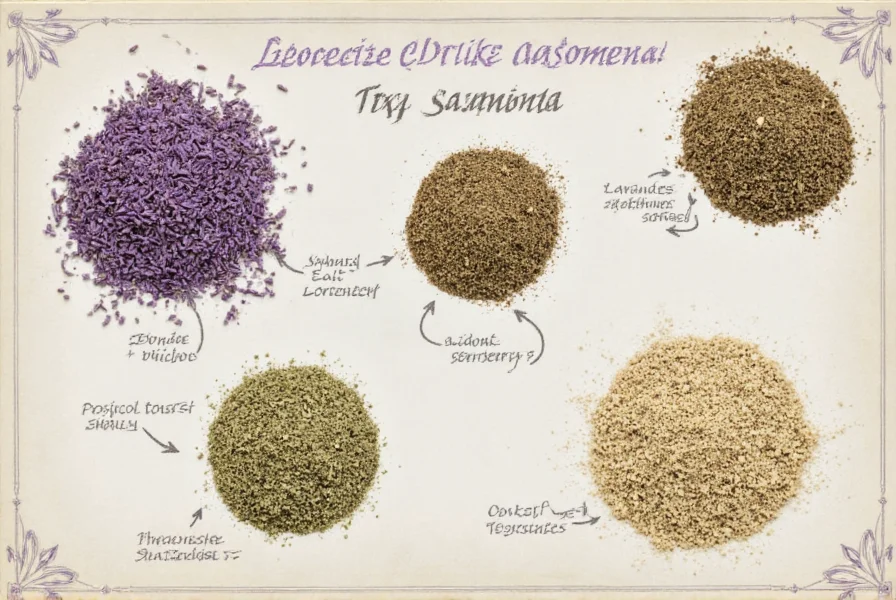
One of the most exciting things about lavender seasoning is its ability to transform ordinary ingredients into something extraordinary. Don't be afraid to get creative in the kitchen!
Buying Guide for Lavender Seasoning
When purchasing lavender seasoning, it's important to choose high-quality products that maintain the integrity of the lavender flower. Here's a detailed guide to help you make the right choice:
Types of Lavender Seasoning
- Dried lavender flowers: These are the most traditional form and can be used directly in recipes or infused into oils and teas.
- Lavender powder: A finely ground version that's easy to sprinkle over dishes or mix into batters.
- Lavender essential oil: Concentrated and potent, ideal for infusions and aromatherapy, but should be used with caution in cooking.
- Lavender-infused salt or sugar: Great for seasoning or sweet treats, offering a subtle flavor boost.
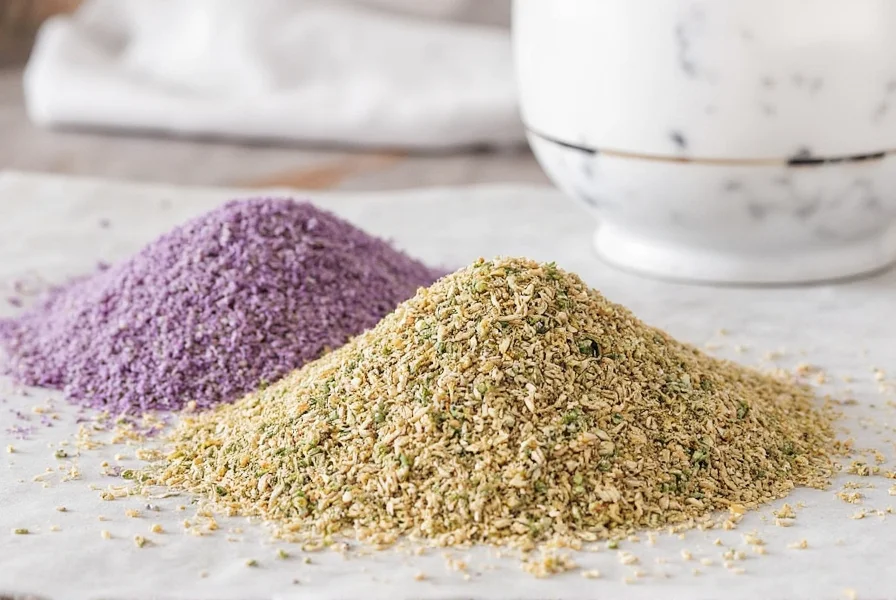
Key Features to Look For
- Purity: Choose products that are 100% natural and free from artificial additives or fillers.
- Source: Look for lavender grown in regions known for high-quality production, such as Provence in France or the Mediterranean.
- Processing: Opt for minimally processed options to preserve the natural aroma and flavor.
- Usage: Consider how you plan to use the seasoning before selecting the form (e.g., powder vs. whole flowers).
Recommended Products
- Lavender Spice Blend (Dried): A versatile option for cooking, baking, and infusions. Ideal for those who want a classic, unprocessed form of lavender seasoning.
- Lavender Essential Oil (Food Grade): Perfect for creating custom infusions and enhancing beverages. Use with caution due to its potency.
- Lavender Sugar (Infused): Great for desserts, teas, and baked goods. Offers a sweet and floral kick without being overpowering.
- Lavender Salt (Infused): Adds a delicate flavor to meats, vegetables, and seafood. Excellent for seasoning during cooking or as a finishing touch.
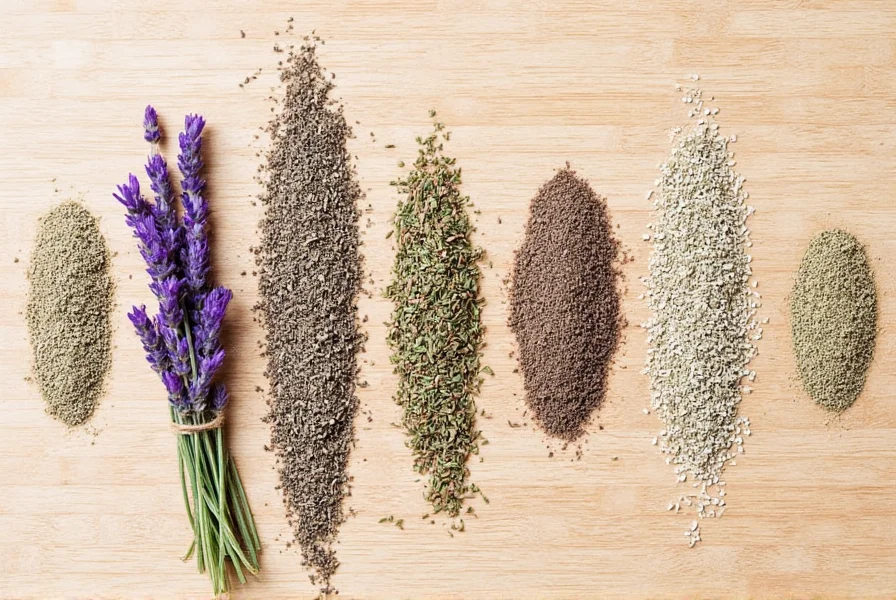
Who Should Use It?
Lavender seasoning is suitable for a wide range of users, including:
- Cooking enthusiasts: Those who enjoy experimenting with new flavors and aromas in their dishes.
- Bakers: Ideal for creating unique pastries, cakes, and desserts with a floral twist.
- Home mixologists: Perfect for crafting artisanal cocktails and mocktails with a refined touch.
- Health-conscious individuals: Lavender has calming properties and can be used in herbal teas and wellness routines.
Best Occasions for Use
Lavender seasoning is especially popular during certain seasons or events:
- Spring and summer: The fresh and light flavor pairs perfectly with seasonal produce and outdoor gatherings.
- Weddings and special occasions: Used in desserts and cocktails to create a romantic and elegant atmosphere.
- Relaxation and self-care: Infused into teas, bath salts, or candles for a soothing experience.
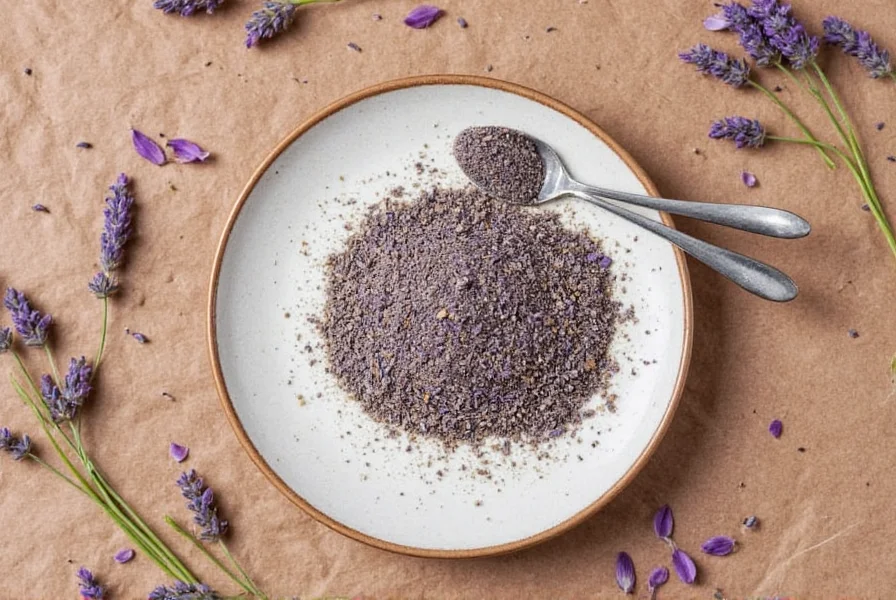
Frequently Asked Questions
Is lavender seasoning safe to eat?
Yes, culinary-grade lavender is safe to eat when used in moderation. Make sure you're using food-safe lavender specifically labeled for consumption, not decorative or aromatherapy varieties which may have been treated with pesticides or chemicals. Lavender has been used in cooking for centuries, particularly in French and Mediterranean cuisines.
How much lavender seasoning should I use in recipes?
Less is more with lavender seasoning. Start with 1/8 to 1/4 teaspoon for most recipes serving 4-6 people. Lavender has a potent flavor that can easily overpower a dish if used excessively. Remember you can always add more, but you can't take it out once added. For delicate dishes like custards or light sauces, use even smaller amounts.
What happens if I use too much lavender in my cooking?
Using too much lavender can result in a soapy or medicinal taste that overpowers your dish. Lavender contains compounds that, in high concentrations, create this unpleasant flavor profile. If you've added too much, you may be able to balance it by increasing other ingredients proportionally, but prevention through careful measuring is the best approach.
Can I substitute dried lavender for lavender seasoning?
Yes, dried lavender flowers are essentially the base ingredient for lavender seasoning. However, be cautious with proportions as dried flowers may be more potent than pre-mixed seasoning blends. Culinary lavender should be food-grade and specifically intended for consumption. Always crush dried lavender flowers slightly before using to release their oils and flavor.
What are the best sweet dishes to use lavender seasoning with?
Lavender pairs beautifully with lemon, honey, vanilla, and berries. Some excellent applications include shortbread cookies, lemon tarts, crème brûlée, panna cotta, and ice cream. It also works wonderfully in scones, cakes, and fruit compotes. For best results, combine it with complementary flavors rather than using it alone.
Can lavender seasoning be used in savory dishes?
Absolutely! Lavender works well in savory applications when used judiciously. It complements roasted meats (especially lamb and chicken), pairs nicely with thyme and rosemary in herb blends, and can enhance vinaigrettes and marinades. The French herb blend Herbes de Provence often contains lavender for this reason. Try it in roasted vegetables or with goat cheese for a sophisticated flavor profile.
How should I store lavender seasoning to maintain freshness?
Store lavender seasoning in an airtight container away from light, heat, and moisture. A dark glass jar or opaque container in a cool cupboard is ideal. Properly stored, dried lavender will maintain its flavor for 6-12 months. Avoid storing near the stove or in direct sunlight, as this will cause the essential oils to degrade more quickly.
Does lavender seasoning have any health benefits?
While primarily used for flavor, culinary lavender does contain antioxidants and may offer mild calming effects when consumed in food amounts. However, don't rely on it as a medicinal treatment. The amounts typically used in cooking are too small to have significant therapeutic effects, though lavender tea (made specifically for consumption) may help with relaxation. Always consult a healthcare provider for medical concerns.
Conclusion
Lavender seasoning is more than just a spice—it's a sensory experience that can transform your cooking and enhance your daily rituals. From its gentle floral notes to its versatility in both sweet and savory dishes, lavender seasoning offers a unique way to bring a touch of nature and elegance into your kitchen. Whether you're a seasoned chef or a curious foodie, this aromatic ingredient is worth exploring. So why not try a pinch today and discover the magic of lavender seasoning for yourself?
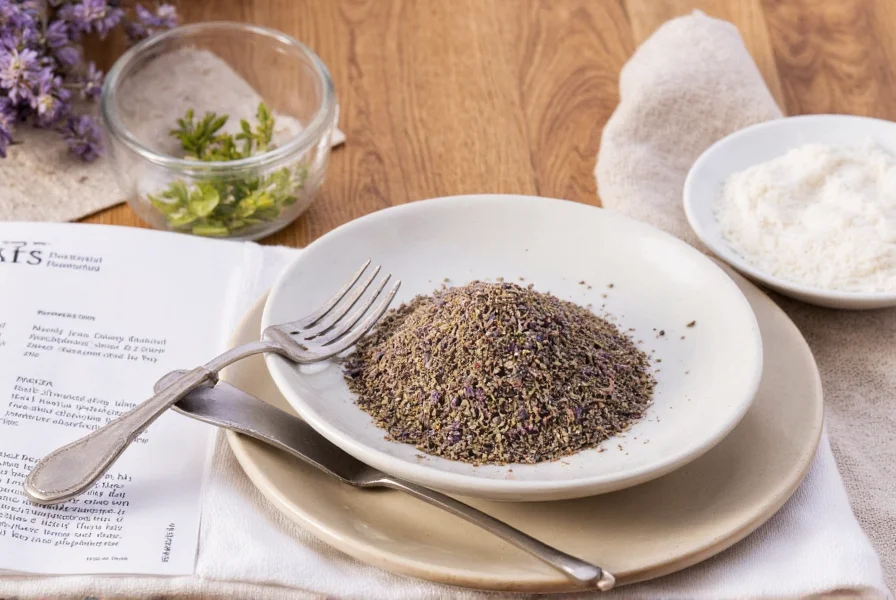
As we've seen, lavender seasoning is a fantastic addition to any kitchen. With the right techniques and a bit of creativity, you can unlock its full potential and enjoy a truly fragrant and flavorful cooking experience.

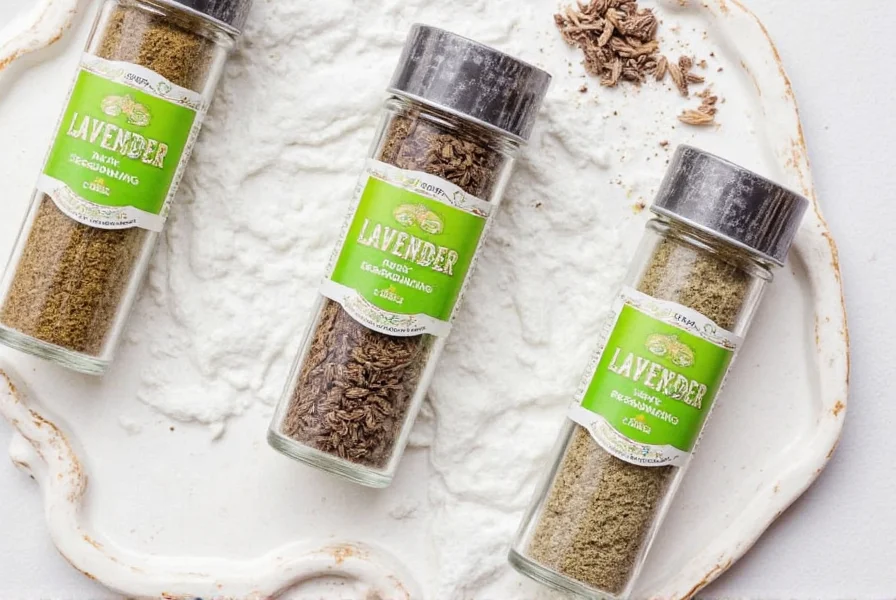









 浙公网安备
33010002000092号
浙公网安备
33010002000092号 浙B2-20120091-4
浙B2-20120091-4